
The Bambao hospital, nestled in a tropical forest on Anjouan island in the Comoros, was meant to bring state-of-the-art medical care to the poor Indian Ocean nation.
Just two years later, the hospital is deep in debt and shunned by potential patients who find it too costly.
"A poisoned chalice", "a colossus with feet of clay", "a sinking ship" are among the cliches that chief paediatrician Ahmed Rakibou used to describe the facility funded and built under a Chinese aid scheme.
"If they had consulted us while building it, this could have been a jewel," the doctor said, regretting that "today it's all going straight to hell".
The hospital is some 30 kilometres (about 20 miles) east of Mutsamudu, the capital of Anjouan, the poorest of the three islands comprising the Union of the Comoros.
The aim was to make the hospital a flagship of Comoran healthcare, with 120 beds in a brand-new building, a team of 167 staff, many recruited locally, and modern equipment including a digital radio scanner.
China's ambassador to the Comoros, Xiao Ming, hailed a "new page in the annals of cooperation" at the opening ceremony, saying "public health has always had a priority place in Sino-Comoran cooperation".
But a project that cost four billion Comoran francs (8.1 million euros, $9.2 billion) today looks more like a ghost ship, with a handful of patients wandering its corridors in stifling heat. For lack of funds, about 100 staff jobs have not been filled.
'Not many patients'
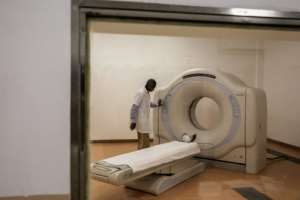 The scanner broke down soon after it was first used. The hospital took out a loan to get the machine working again. By GIANLUIGI GUERCIA (AFP)
The scanner broke down soon after it was first used. The hospital took out a loan to get the machine working again. By GIANLUIGI GUERCIA (AFP) In the emergency ward, a doctor silently examines a child's injured arm. The lethargic mood is broken only by the arrival of an ambulance carrying the victim of a motorcycle accident.
"Our activity is very varied," nurse Ali Mosthadoi says cautiously before going further. "In fact, we don't have many patients."
Deputy director Sidi Chaanbane was more forthcoming. Since the hospital was opened by President Azali Assoumani in 2017, it has faced mounting difficulties, he said.
"At the start, the road from Mutsamudu was in a very bad state and patients had trouble getting here," the administrator said. "It's been repaired since, but our real problem is that we sorely lack equipment and staff."
In addition to staff salaries, the Comoran state provides just five million francs (10,000 euros) a month, but the hospital needs three times as much to pay its bills.
"We can't balance the budget," Chaanbane said.
Day-to-day management is a nightmare. The scanner broke down soon after it was first used. Repairs were not covered by the Chinese cooperation agreement, so the hospital took out a loan to get the machine working again.
The main problem is the cost of treatment, which is not free in the former French colony, independent since 1975.
Much of the funding comes from the French Development Agency (AFD) in its aid budget. France still rules over the fourth major island in the archipelago, Mayotte.
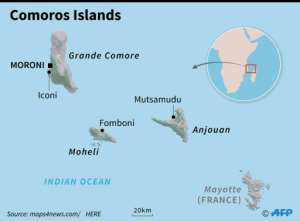 Map of the Comoros Islands. By Kun TIAN (AFP)
Map of the Comoros Islands. By Kun TIAN (AFP) The three islands forming Comoros lack the standard of living on Mayotte and are far from able to make up the remaining health budget.
'Expensive'
Rakibou said the hospital charges 125,000 Comoran francs for a Caesarian birth.
"What Comoran can pay that?" he asks. "No -- this hospital is not made for the population."
Kanissa Adbou, 27, brought her eight-year-old daughter who trod on a nail to the hospital. "The treatment is expensive. If I could afford it, I would go to Mayotte because there, hospital is free."
Those who believed that providing a modern hospital on Anjouan would dissuade Comorans from trying their luck on Mayotte have been disappointed, although the trip is illegal.
"People here prefer to pay 1,000 euros to go to Mayotte by kwassa kwassa (human traffickers' dugouts) than to come to us," a nurse said. "They trust only white doctors."
The failure to put the sophisticated equipment at Bambao to regular good use enrages Ahmed Abdallah, secretary general of the Hombo public hospital in Mutsamudu.
"The money spent there would have been enough to repair our buildings, replace our equipment and build roads so that sick people could come from nearby villages," he said.
"We don't have even a single ambulance, yet the government has I don't know how many four-wheel drives."
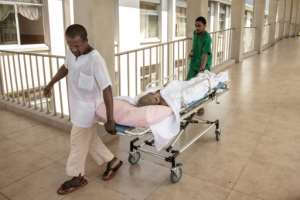 The hospital's halls are largely deserted as potential patients find treatments too costly. By GIANLUIGI GUERCIA (AFP)
The hospital's halls are largely deserted as potential patients find treatments too costly. By GIANLUIGI GUERCIA (AFP) Health Minister Fatma Mbaraka declined to respond to requests for comment from AFP.
But Rakibou refuses to throw in the towel. He hopes that the winner of Sunday's presidential election and the international community will come up with increased funding. "It wouldn't take much to change our lives!" he said.
Read Full Story

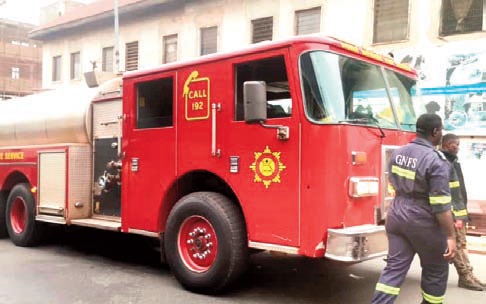
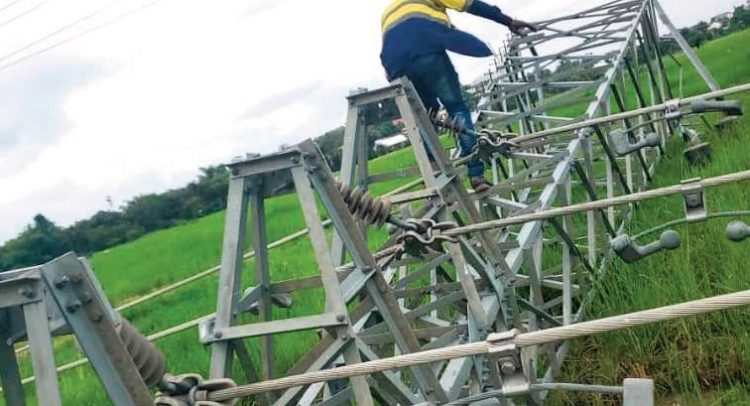
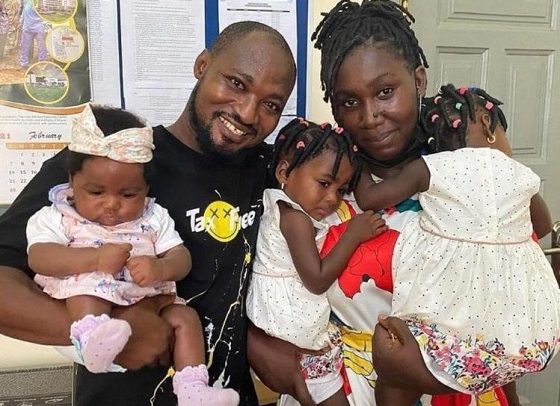














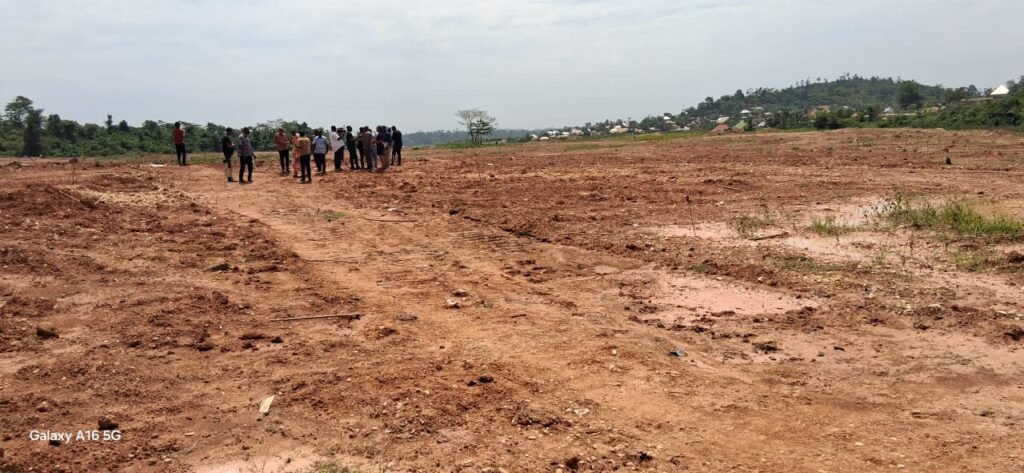
Facebook
Twitter
Pinterest
Instagram
Google+
YouTube
LinkedIn
RSS